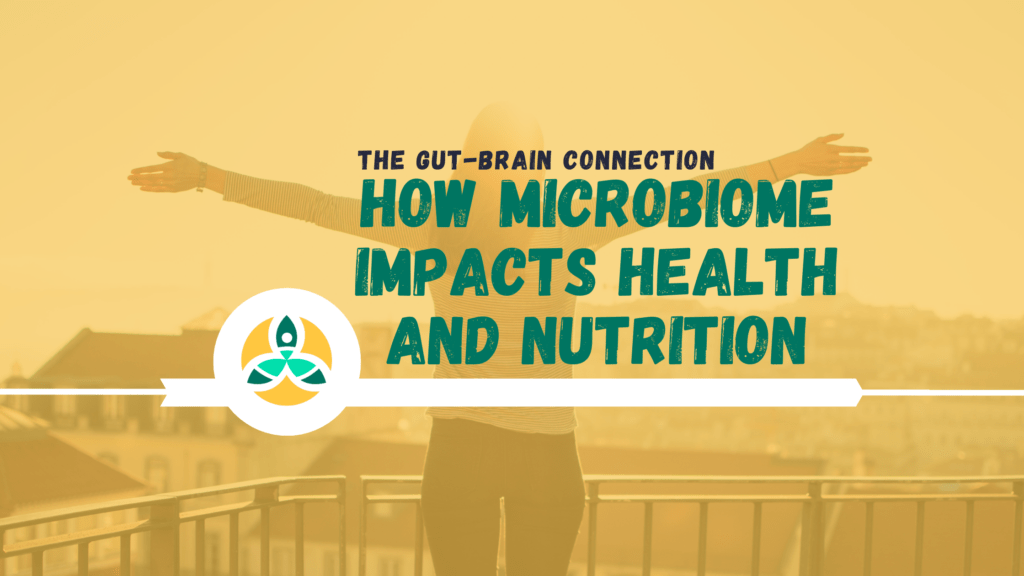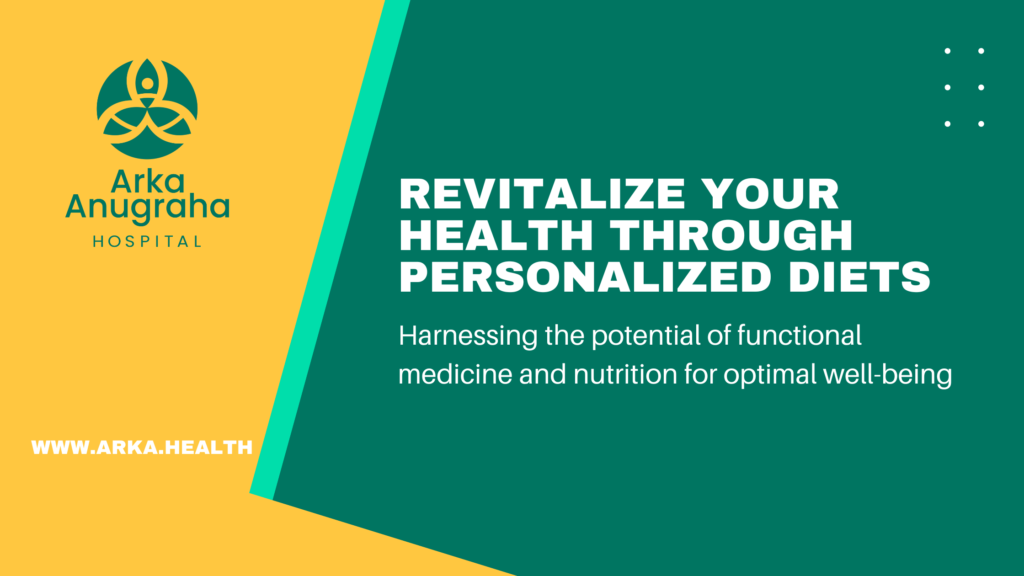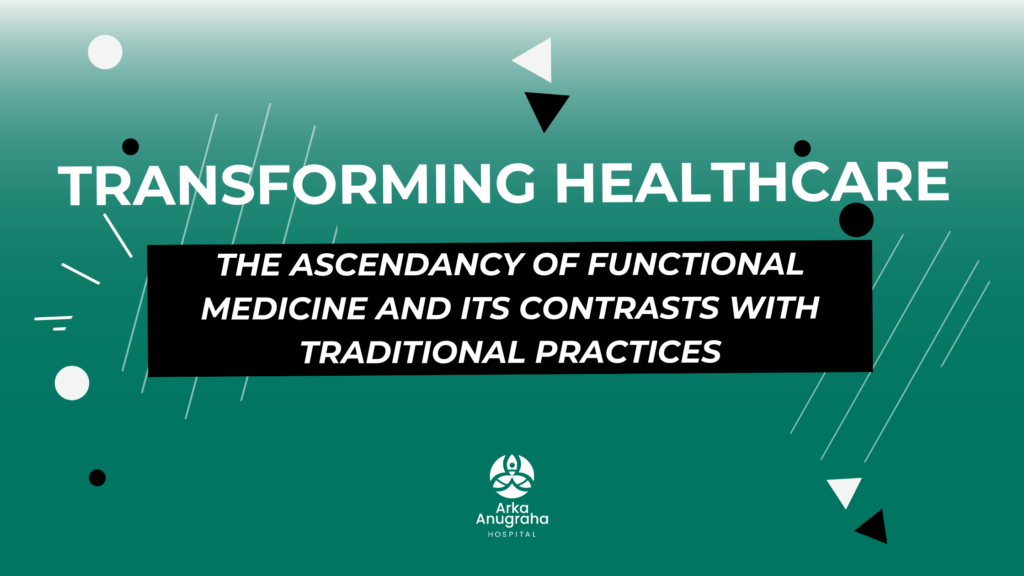a) Eat a Diverse, Plant-Based Diet
Incorporate a wide range of whole, unprocessed foods into your diet, focusing on fruits, vegetables, legumes, and whole grains. These foods provide the gut microbiota with the nutrients and fiber needed for optimal health.
b) Include Probiotics and Prebiotics
Probiotics are beneficial bacteria that can help maintain or restore the balance of the gut microbiome. They can be found in fermented foods like yogurt, kefir, sauerkraut, kimchi, and kombucha, or taken as supplements. Prebiotics, on the other hand, are indigestible fibers that serve as food for the beneficial bacteria. Examples of prebiotic-rich foods include garlic, onions, leeks, asparagus, bananas, and whole grains.
c) Limit the Intake of Processed Foods and Added Sugars
Processed foods and added sugars can negatively impact the gut microbiome, leading to an overgrowth of harmful bacteria and a decline in beneficial species. Focus on consuming whole, minimally processed foods to promote a balanced microbiome.
d) Manage Stress
Chronic stress can disrupt the gut-brain axis, leading to imbalances in the gut microbiome. Incorporate stress management techniques into your daily routine, such as meditation, deep breathing exercises, yoga, or regular physical activity.
e) Exercise Regularly
Regular exercise has been shown to positively influence the gut microbiome, promoting the growth of beneficial bacteria and improving overall health. Aim for at least 150 minutes of moderate-intensity aerobic exercise or 75 minutes of vigorous-intensity aerobic exercise per week, along with strength training activities on two or more days per week.
f) Be Cautious with Antibiotics
While antibiotics can be life-saving when used appropriately, they can also disrupt the delicate balance of the gut microbiome. Use antibiotics only when necessary and prescribed by a healthcare professional, and consider taking probiotics during and after antibiotic treatment to help restore the gut microbiome.
g) Get Adequate Sleep
Poor sleep has been linked to an imbalanced gut microbiome, which can negatively affect overall health. Aim for 7-9 hours of quality sleep per night to support a healthy gut and overall well-being.
The importance of the microbiome in human health cannot be overstated. This complex ecosystem of microorganisms plays a vital role in digestion, immunity, metabolism, and mental health. By understanding the factors that influence the microbiome, such as diet, environment, and lifestyle choices, we can take steps to optimize its function and support our overall well-being. By incorporating a diverse, plant-based diet, managing stress, exercising regularly, and getting adequate sleep, we can promote a balanced microbiome and enjoy the myriad health benefits it has to offer.














